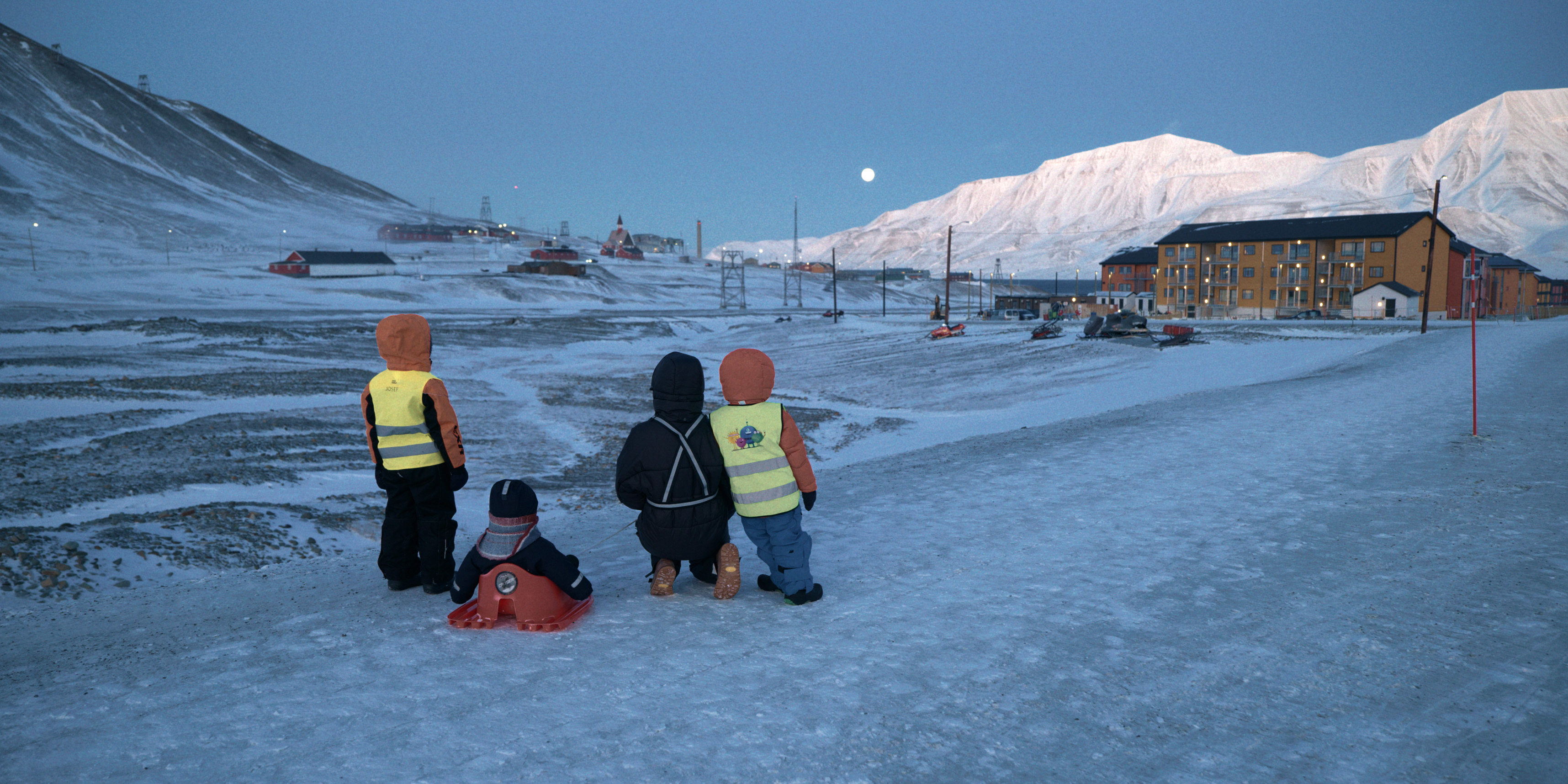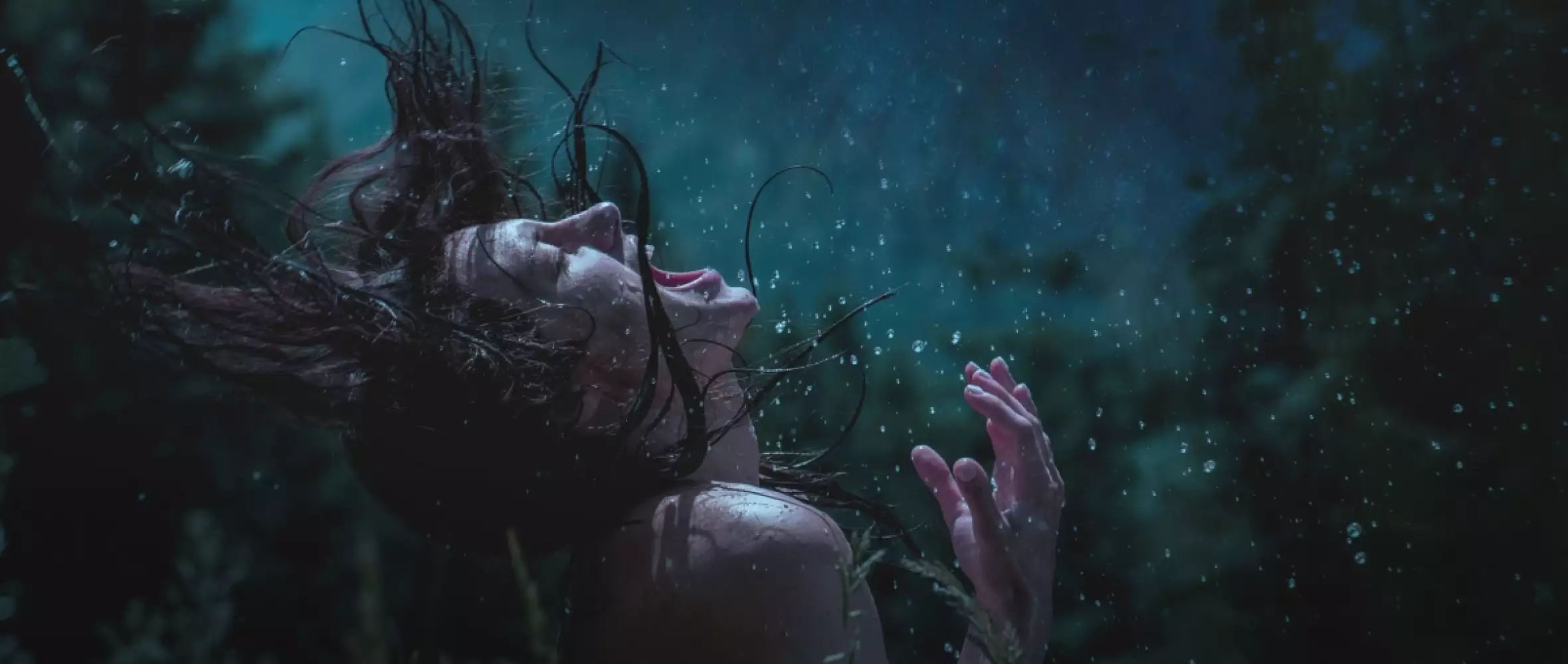
03 August 2022
Locarno 2022: Young generation pushes the edge of cinema
Locarno 2022: Young generation pushes the edge of cinema

Three new Czech works will be introduced at the Swiss festival renowned for showcasing formally groundbreaking works and thought-provoking filmmakers.
Article by Martin Kudláč for CZECH FILM / Fall 2022 magazine.
Known for showcasing young, cutting-edge, and innovative cinema, this year’s edition of the Locarno Film Festival, its 75th to date, is making a slight shift in its programming, following the appointment of Giona Nazzaro as the new artistic director. While the festival continues to support and uplift thought-provoking and formally pioneering works, by established and emerging directors alike, the programming expanded this year to include more audience-friendly fare.
Gender and genre empowerment
Czech director Tereza Nvotová’s latest film, Nightsiren, falls into the category of modern arthouse drama, with an audience-driven spin of the type the festival seeks to feature. Initially a documentary filmmaker, Nvotová transitioned to fiction with her 2017 rape drama Filthy (IFF Rotterdam, 2017).
Appearing in the Cineasti del presente competition at Locarno, Nightsiren — which sees the director continuing her creative symbiosis with Filthy writer Barbora Námerová — had a chance to lock horns with new, exciting works by other rising international talents.
In their second feature-length fiction venture together, Nvotová and Námerová turn away from drama to challenge gender stereotypes and explore the topic of womanhood through the genre lenses of thriller and horror.
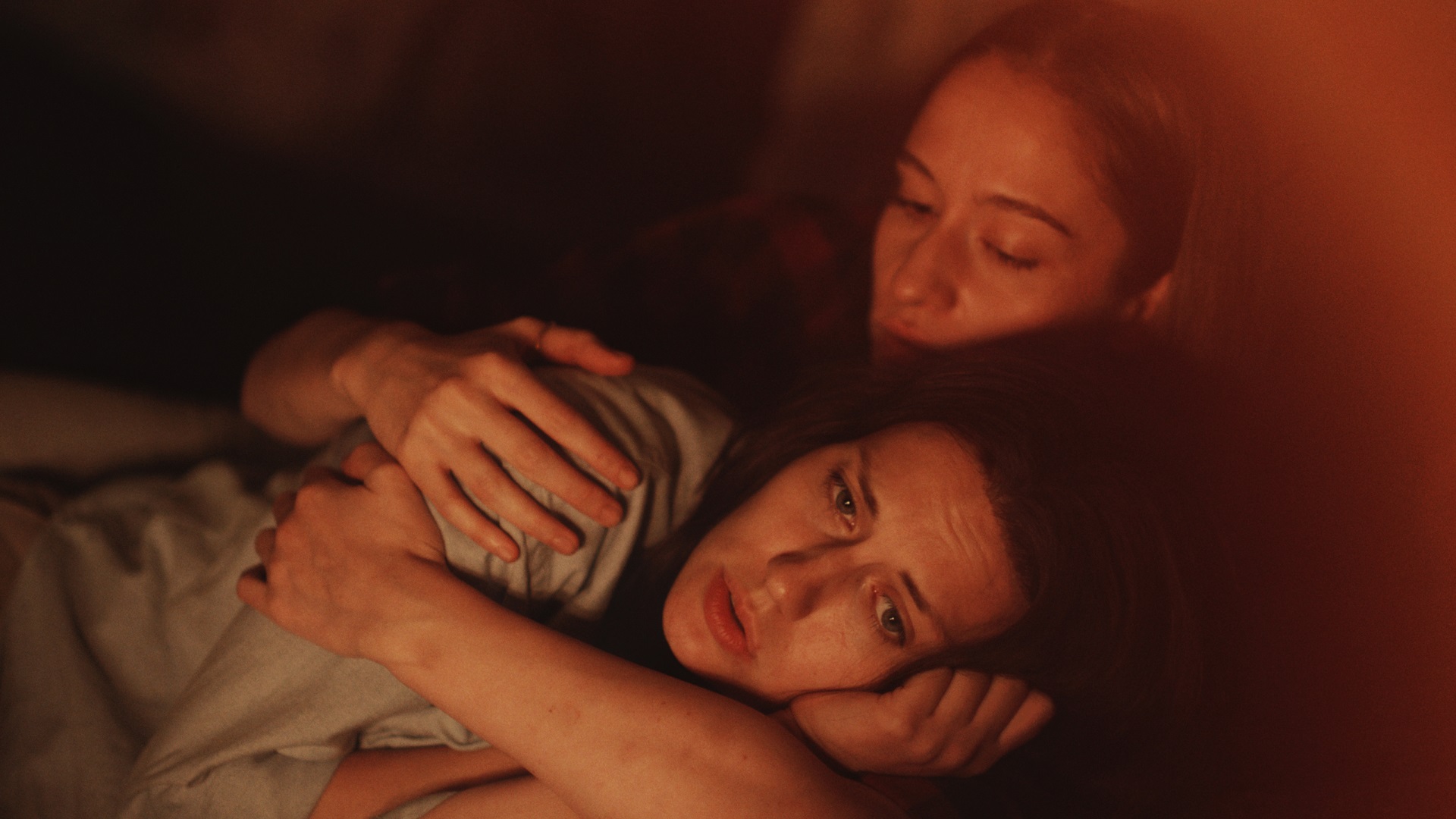
The 30-something Šarlota returns to her native village in the mountains to deal with paperwork concerning an inheritance from her late mother. Her arrival starts to disturb the seemingly calm waters of the sleepy hamlet, and as memories of its violent history, fueled by superstition, resurface, Šarlota is blamed for strange occurrences around the village.
Filthy depicted one woman’s revolt against her violator and her liberation from the violence she endured even as she refused to let the trauma define her. Nightsiren, on the other hand, represents one woman’s revolt against a collective and a deeply rooted tradition that shames and demonizes her. As Šarlota takes up the challenge, it turns into an uphill battle.
With the protagonist living in a cabin in the woods, genre elements come with the territory naturally. Nightsiren falls into the subgenre of ethno/folk horror, with Nvotová’s stunning magical realist imagery creating a surrealistic style rich in metaphors and rituals. The result is a blend of genre and arthouse, giving viewers a socially engaged story about a woman reclaiming her agency in the face of patriarchal conventions.
A key motif in the film is the ambiguous theme of witchcraft that weaves throughout the story and turns out to be a double-edged sword. On the one hand, hysteria around the local legend about a witch is weaponized to terrorize Šarlota. On the other, witchcraft is an analogy for powerful independent women who refuse to conform to society’s outdated view that they are confined solely to the roles of caregiver and submissive sexual object.
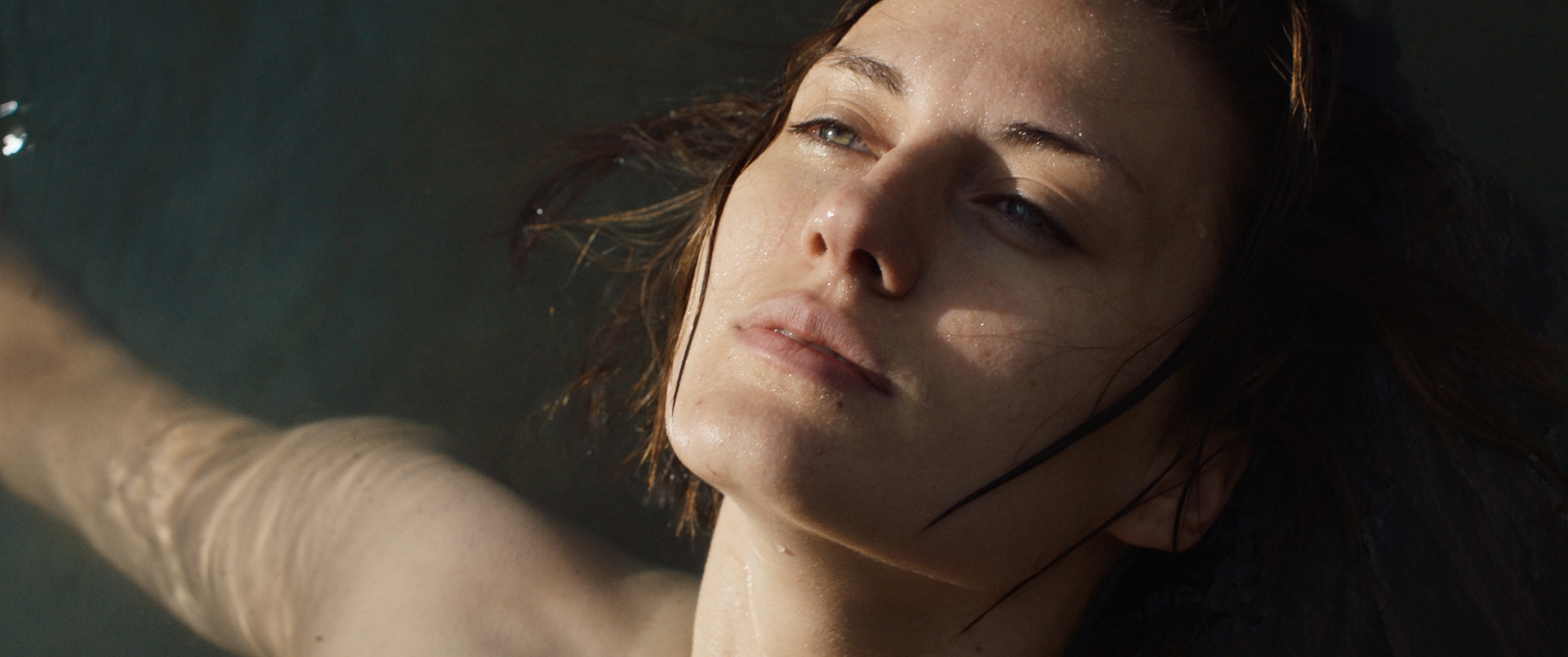
In Nvotová and Námerová’s film, the rural community embodies the essence of conservative patriarchal society, which Šarlota stands against. Even as it deals with a superstitious community, however, Nightsiren is also the story of a woman’s journey to self-realization founded on feminist principles. The French editor Thibault Hague of I Am Not a Witch and Czech film editor Pavel Hrdlička of Charlatan and By a Sharp Knife infuse Nightsiren with a pulse-racing rhythm, culminating in a dramatic and violent “witch-hunt.”
At the same time, however, they manage to emphasize the power of femininity through a sensual flow of imagery — from a surreal “witches’ sabbath” to a neon-lit midsummer night forest rave of all-encompassing harmony and peace. Patti Cake$ director of photography Federico Cesca, who lensed Nightsiren, provides dramatic portrayals of the sleeping terror awoken in a radicalized community with equal doses of lush, surreal imagery, depicting the rebellion of a woman taking back what was stolen from her.
Nightsiren ingeniously encapsulates millennial feminism and the movement for gender equality, juggling literal and figurative audiovisual language. Its genre and audience-driven approach explores the themes of feminism and women’s empowerment without the use of stale tropes, enhancing its significance in a wider social context and its usefulness for intergenerational dialogue.
The project saw the Filthy producers teaming up once again, as Slovak producer Peter Badač of BFILM and Czech producer Miloš Lochman of moloko film reunited, this time with Radio and Television Slovakia joining them. The film received support from the Czech Film Fund (€434,000 for development and production), the Slovak Audiovisual Fund, the Council of Europe’s Eurimages fund, and the Slovak Ministry of Culture. International sales are being handled by Intramovies. The Slovak theatrical premiere is slated for September 29, courtesy of Forum Film SK, followed by the Czech premiere on October 6, handled by Forum Film CZ.
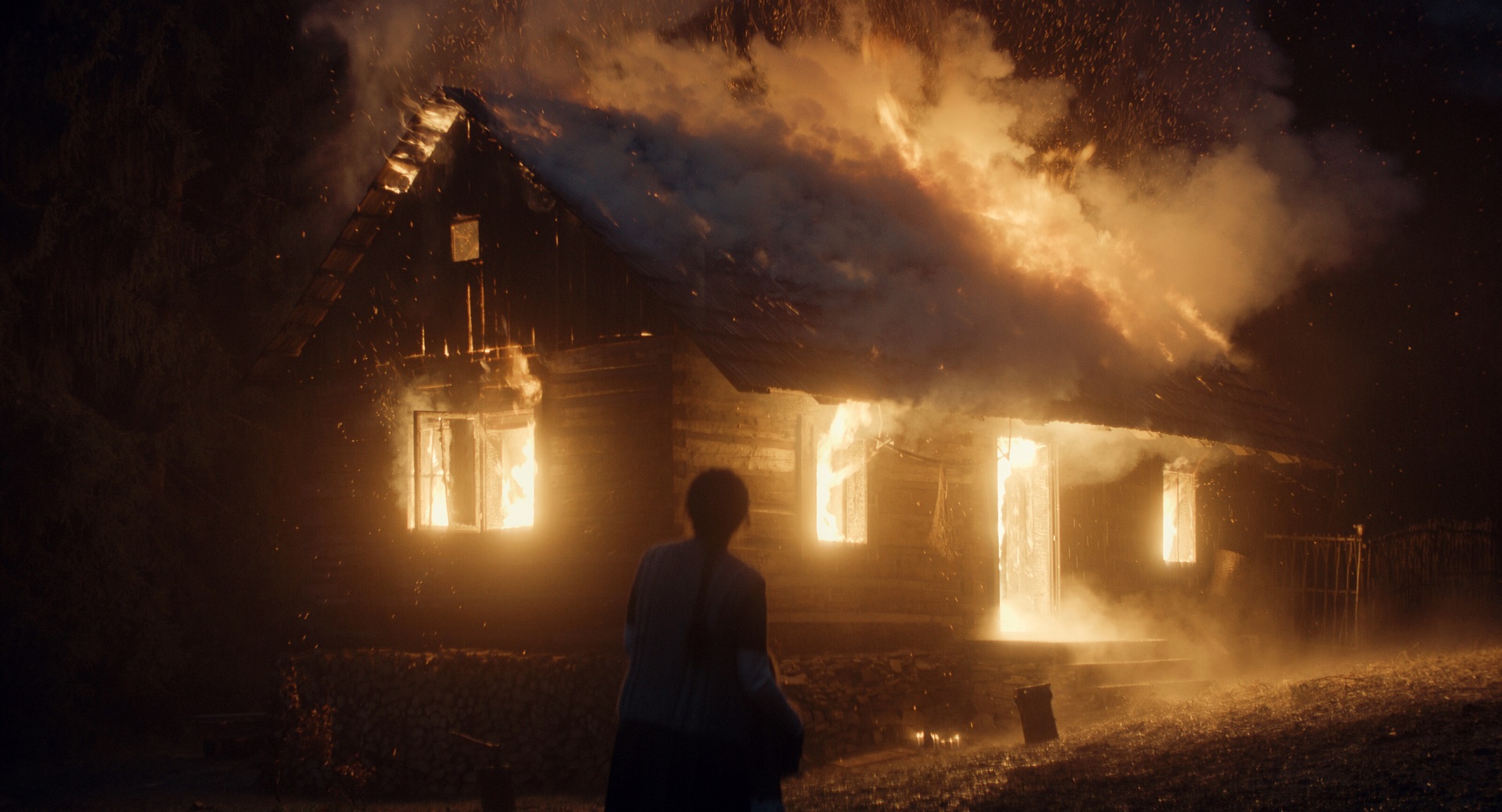
The sign of the bull
Young Czech cinema is also represented in Locarno from an experimental angle. Czech-based Italian filmmaker Francesco Montagner won the competition section of Cineasti del presente last year, with his sophomore feature-length documentary Brotherhood nabbing the festival’s top prize, the Pardo d’oro. In Brotherhood, Montagner employed the technique of fiction films in documentary form to observe a trio of Bosnian brothers left to their own devices after their father, a war veteran and Salafist preacher, was imprisoned on terrorism charges.
This year, the young director returns to the Swiss festival with his avant-garde-inspired Asterión — this time in the Pardi di Domani: Corti d´autore competition, which focuses on experimental and formally innovative short and medium-length works. In this regard, Montagner is following in the footsteps of his colleague Diana Cam Van Nguyen, the animator and filmmaker who premiered her autobiographical short hybrid ani-doc Love, Dad in the same section last year. Festival organizers were already aware of Asterión, since Montagner workshopped the project in the 2019 Locarno Filmmakers Academy under the title Taurophilia.
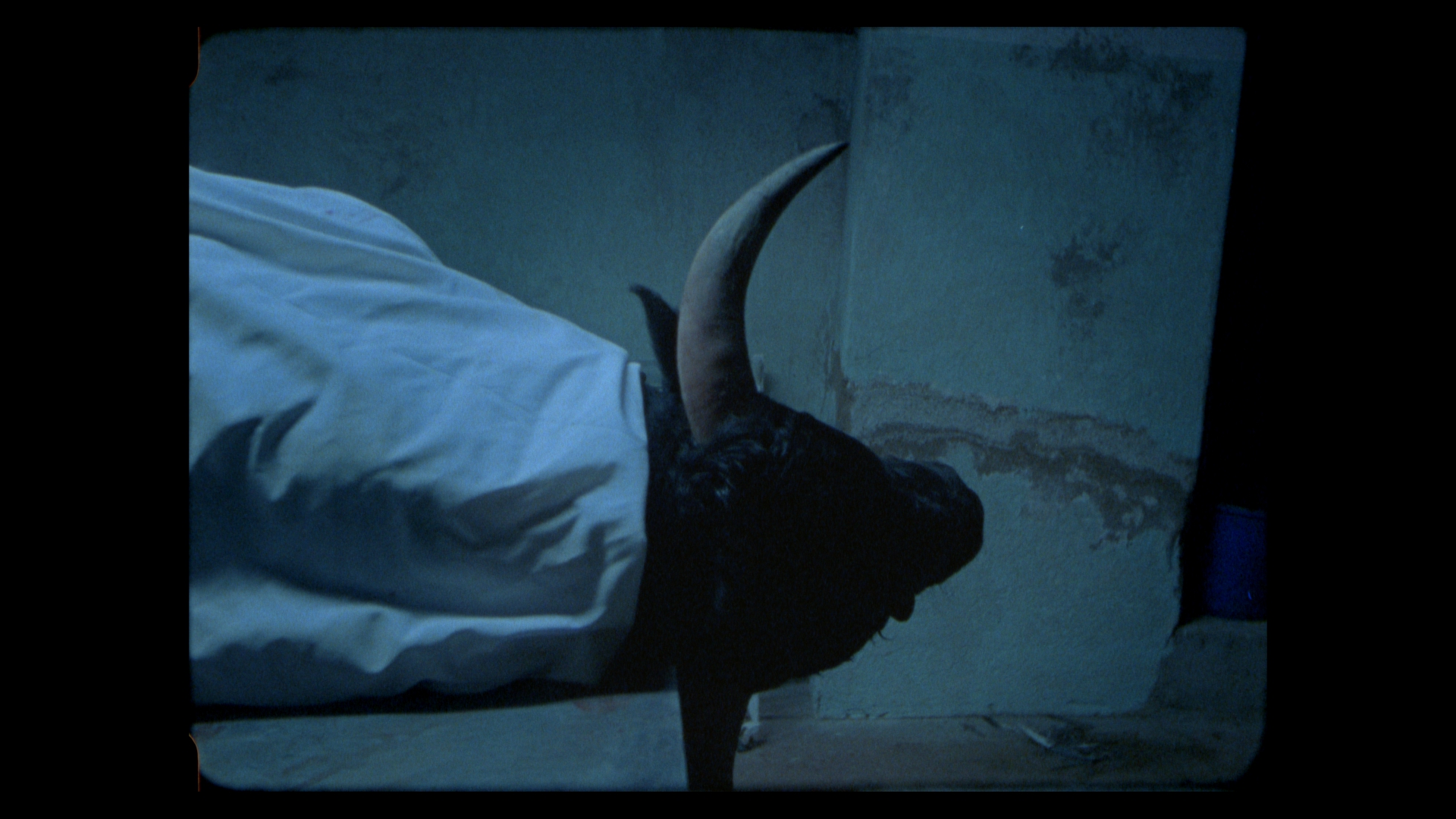
Asterión is an audiovisual poem dedicated to traditional Spanish bull taxidermy. Framing this experimental film–cum–art installation are visual references to the paintings of Pablo Picasso and the installations of Édouard Manet. Montagner also turned for inspiration to the documentary works of twentieth-century experimental filmmaker Stan Brakhage. As a result, the camera captures the minutiae of the taxidermist’s work, the texture of the animal skin, and all that lies beneath.
Montagner continues his fascination with boundary-pushing on display in Brotherhood, where he experimented with form and style to the point of blurring the formal distinctions. Although Asterión appears to be a highly aestheticized documentary in the vein of Yuri Ancarani’s work, the detailed observations of taxidermy gestures and interventions lend the film a dramatic and narrative quality.
By examining the transformation that takes place on the taxidermist’s table, Montagner gives the narrative an almost mythological dimension. As the process progresses, the film turns into a creationist myth. With the emergence of a half-man, half-animal mythical beast seeking to triumph over mortality, Asterión gradually transforms into a borderless hybrid of lyrical docu-fiction.
Veronika Kührová and Michal Kráčmer of the Czech company Analog Vision are the film’s main producers, with Artichoke of Slovakia and the Czech foundation Filmtalent Zlín coproducing. The Czech Film Fund supported the production of Asterión with a grant of €24,800.
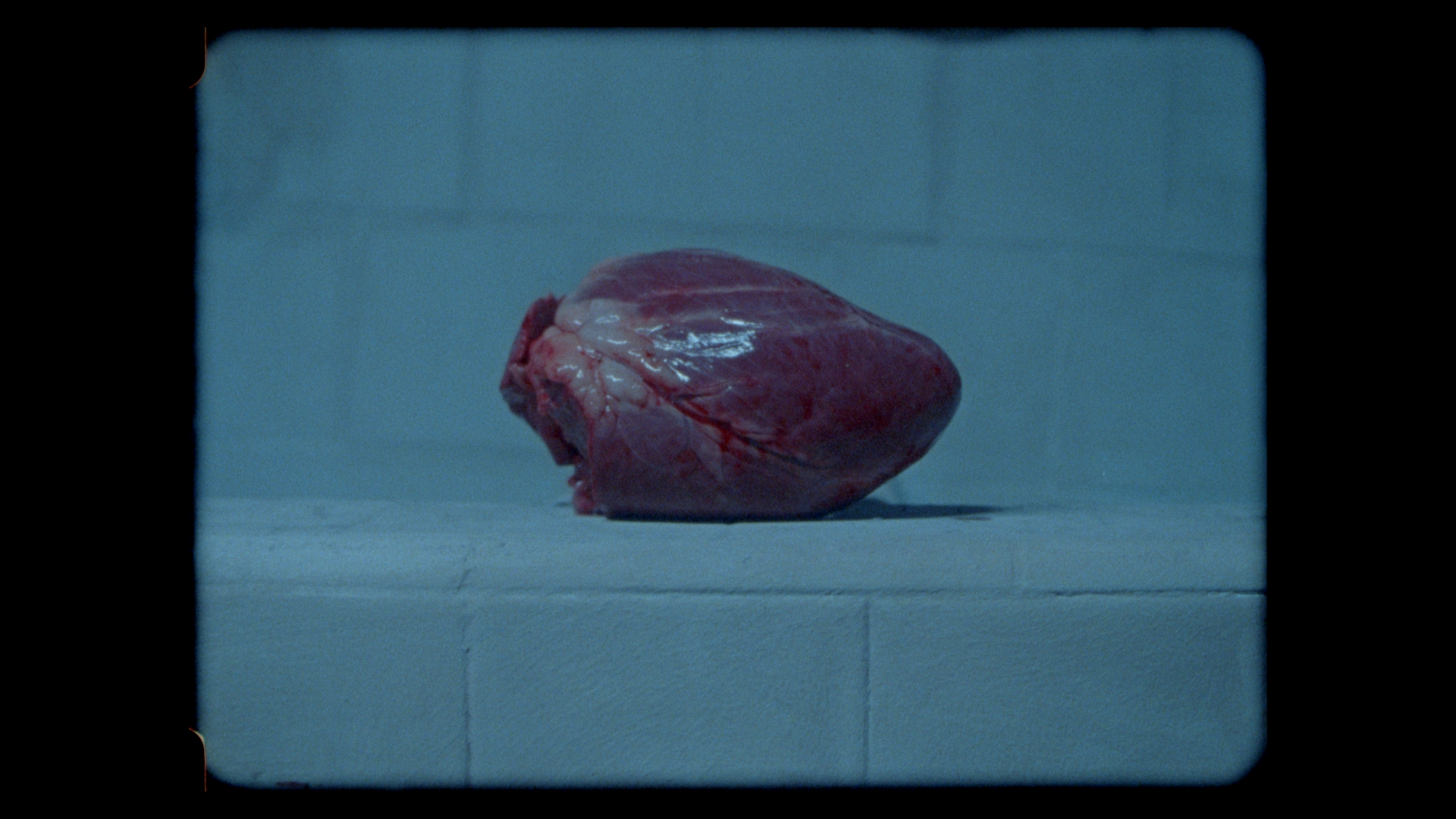
Something rotten in Utopia
Another Czech film selected for Locarno’s programming this year is Veronika Lišková’s second feature-length documentary, The Visitors. She will introduce the film in the Critics’ Week sidebar, an independent section organized by the Swiss Association of Film Journalists.
Lišková came into the spotlight with her feature debut documentary, Daniel’s World, which had its world premiere in the Berlinale’s Panorama section in 2015. The controversial film depicts “a good pedophile” in his daily life as it plays out, in contrast to the established stereotypes of deviants that most of us know from the media.
In her second feature, the director chose a single protagonist to explore another phenomenon, this time focusing less on psychology and more on social and political reverberations. Her time-lapse documentary The Visitors follows social anthropologist Zdenka Sokolíčková, a wife and mother of three, as she moves her family to the world's northernmost settlement, Longyearbyen, in Svalbard, a Norwegian archipelago in the Arctic Ocean.
As part of her research on a two-year grant, Sokolíčková is studying how life in the Arctic is changing. While conducting her research, she gradually grows more attached to Longyearbyen and falls in love with it. As she assimilates into the local community, however, she finds that not only the icebergs and the permafrost are vanishing.
There are tensions bubbling beneath the surface of the small but heterogeneous community, and as the researcher uncovers them, she finds herself in a difficult position. “I didn’t anticipate that this place would also be a microcosm that is so intensely embracing some of today’s most universal issues and pursuits,” the director said of Sokolíčková’s experience.
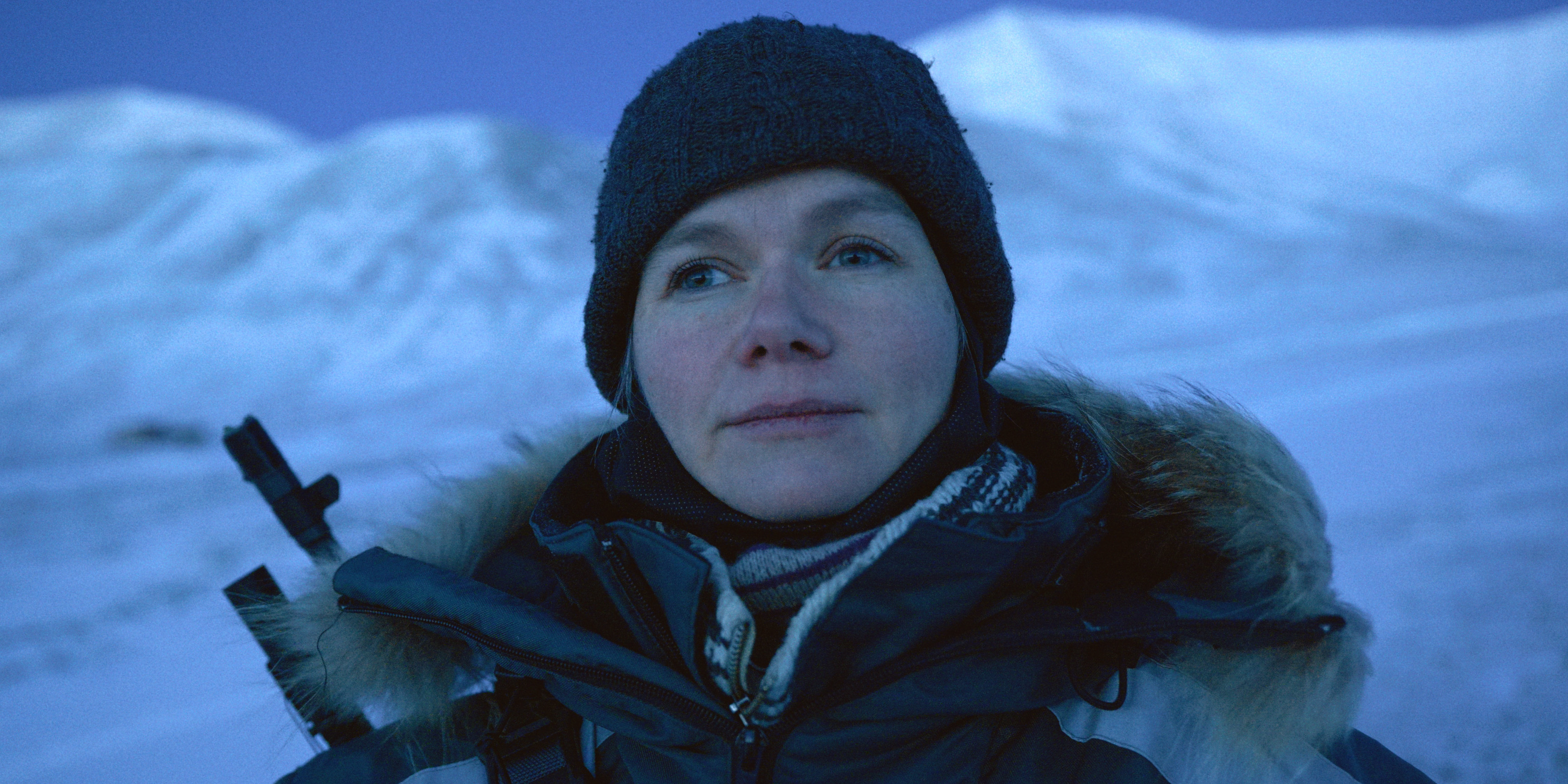
Lišková combines various types of footage to create an in-depth examination, tracking the protagonist’s daily musings and research discoveries, as well as testimonials by the locals with broader sociopolitical resonance. The mosaic of intimate observations, video diary entries shot by the researcher and her husband, and Sokolíčková’s own interviews with locals soon expose the cracks in the pristine idealism of the place.
In addition to the central topics of globalization and what constitutes a sustainable lifestyle, politics and latent xenophobia become the film’s driving motifs as Sokolíčková confronts the status quo. The microcosm of Longyearbyen turns out to be a petri dish of condensed hopes, suppressed dilemmas, and the limits of Western civilization.
World sales company Taskovski Films acquired The Visitors ahead of its world premiere. “The Visitors touches on the very sensitive topics of belonging and migration in the contemporary world. Set in the vast and cold Svalbard in the Arctic Circle, severely hit by global warming, the film poses the question, ‘Where did we all go wrong?’” said Taskovski Films CEO Irena Taskovski.
The Visitors is produced by Cinémotif Films of the Czech Republic, and co-produced by the Norwegian company Ten Thousand Images along with Peter Kerekes Film, of Slovakia, and Czech Television. The film received support from the Czech Film Fund (€72,000), the Slovak Audiovisual Fund, the Norwegian Film Institute, the Fritt Ord Foundation, the Bergensen Foundation, and Viken Filmsenter. It also received special mention at the Karlovy Vary International Film Festival’s industry platform Eastern Promises 2022.
